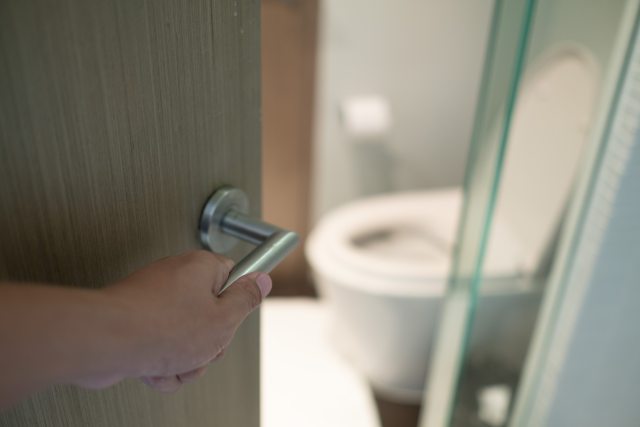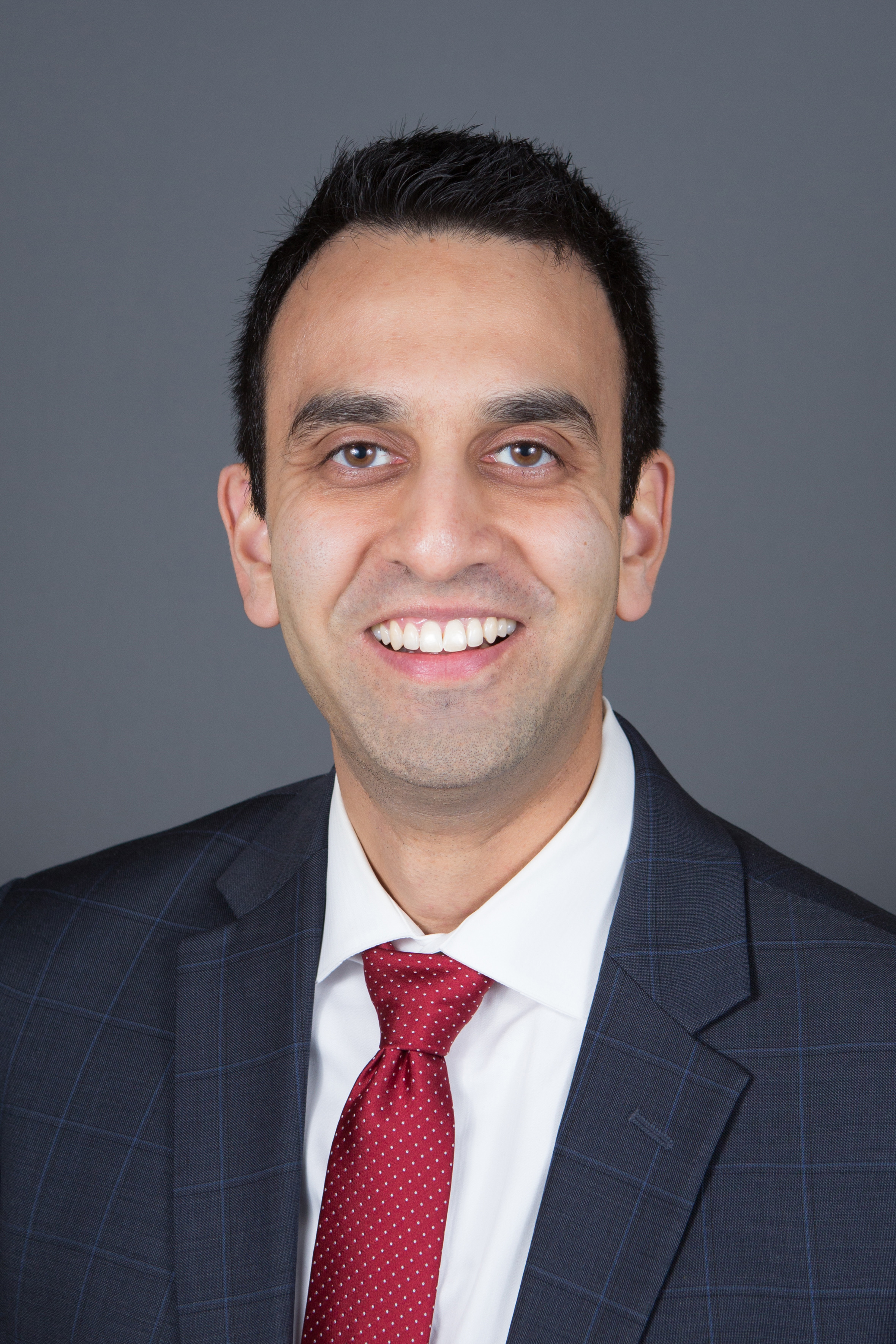Are you at risk for BPH -- enlarged prostate signs and symptoms?

If you were born with a prostate, your risk goes up with age.
If you have a prostate, you’ll likely experience signs of benign prostatic hyperplasia, or BPH, to some degree as you get older.
BPH is an enlarged prostate gland. It‘s the most common condition of the prostate — a small walnut-shaped organ found near the bladder.
Experts estimate that BPH affects about half of men ages 51 to 60 and up to 90% of men older than 80. BPH occurs in almost all men as they age.
In people with male reproductive organs, the urethra (the tube that carries urine from the bladder out of the body) runs through the prostate. An enlarged prostate can put pressure on the urethra, which blocks or disrupts the flow of urine.
Who is at risk for BPH
If you have a prostate and the following risk factors, you are more likely to develop BPH:
- Age 40 years and older.
- Family history of BPH.
- Medical conditions such as obesity, heart and circulatory disease and/or type 2 diabetes.
- Lack of exercise.
- Erectile dysfunction (difficulty getting or keeping an erection).
“BPH can be a normal part of aging. We think it’s mostly due to changes in hormones that cause cell growth,” says Rohan V. Vaidya MD, a PeaceHealth urologist in Vancouver, Washington. “While there’s little you can do to prevent BPH, it helps to be aware of symptoms so you can seek care or treatment if needed.”
Signs you have BPH
You might have BPH if you have some or all the following symptoms:
- Peeing eight or more times a day.
- Feeling the urgent need to pee.
- Trouble starting to pee.
- Weak or interrupted streams of urine.
- Dribbling urine when you’re done peeing.
- The frequent need to pee at night or when you sleep (nocturia).
- Not being able to fully empty your bladder (urinary retention).
- Accidentally peeing (urinary incontinence).
- Pain after ejaculation or while peeing.
- Unusual smell or color to your pee.
These symptoms might have other causes such as bladder concerns, urinary tract infections, inflammation of the prostate or prostate cancer. If you notice any of these signs, talk with your doctor to know for sure what’s causing them.
Your provider will diagnose BPH (or another condition) by asking about your symptoms and health in general. They will also do a physical exam and some tests. These may include a urine test and a digital rectal exam. This lets your doctor feel the size of your prostate. Sometimes a prostate-specific antigen (PSA) test is done to help screen for prostate cancer.
How BPH is treated
“Symptoms and their severity vary from person to person. Some people with BPH hardly notice. Others find the symptoms incredibly disruptive to their lives. And while the term ‘benign’ means it’s not harmful, it can be bothersome and there are many options for management,” Dr. Vaidya says.
Get care right away if you have the following symptoms:
- Unable to pee.
- Painful, frequent and urgent needs to pee, with fever and chills.
- Blood in your pee.
- Great discomfort or pain in your lower abdomen and urinary tract.
For mild BPH symptoms, you can try several of these self-care techniques:
- Reduce the amount of liquids you drink.
- Avoid caffeine and alcohol.
- Avoid medications that affect how often you need to pee and how your body controls urine flow. This includes things such as decongestants, antihistamines, antidepressants and diuretics.
- Build up the muscles of your pelvic floor.
- Practice good bathroom tips such as taking your time and using a relaxed mindset.
- Prevent or treat constipation.
If your symptoms get worse or affect other aspects of your health, explore treatment options with your provider. These may include:
- Medications to stop the growth or shrink the prostate. Learn more about medications.
- Minimally invasive procedures. These may use lasers, heat or other techniques to widen the urethra or shrink the prostate.
- Surgery to remove prostate tissue. Learn more about surgical options.
“While some level of BPH may be unavoidable as you get older, there are things you and your doctor can do to help you find relief,” says Dr. Vaidya.
Talk to your primary care provider if you have concerns.
Rohan V. Vaidya MD
Rohan Vaidya, MD, enjoys a general urology practice that includes treatment and prevention of kidney stones, enlarged prostates, prostate cancer, and kidney cancer, with special interest in the use of endoscopy (HoLEP – Holmium Laser Enucleation of the Prostate), laparoscopy, and robotics. He completed his undergraduate degree at Kalamazoo College in Kalamazoo, Michigan, and earned his medical degree from The University of Toledo College of Medicine and Life Sciences in Toledo, Ohio. Dr. Vaidya completed his urology residency at the Mayo Clinic School of Graduate Medical Education in Phoenix, Arizona. “The needs of my patients come first,” says Dr. Vaidya. “I believe in delivering compassionate care that puts doing the right thing for them at the forefront. I strive to continue my personal and professional growth in order to give my patients the best care that I can.” Dr. Vaidya is fluent in English and Marathi, and enjoys spending time with his wife, daughter, and Miniature Schnauzer puppy. In addition to family time, Dr. Vaidya loves golfing, leathercrafting, and supporting Detroit sports teams like the Red Wings, Lions, Pistons, and Tigers.






